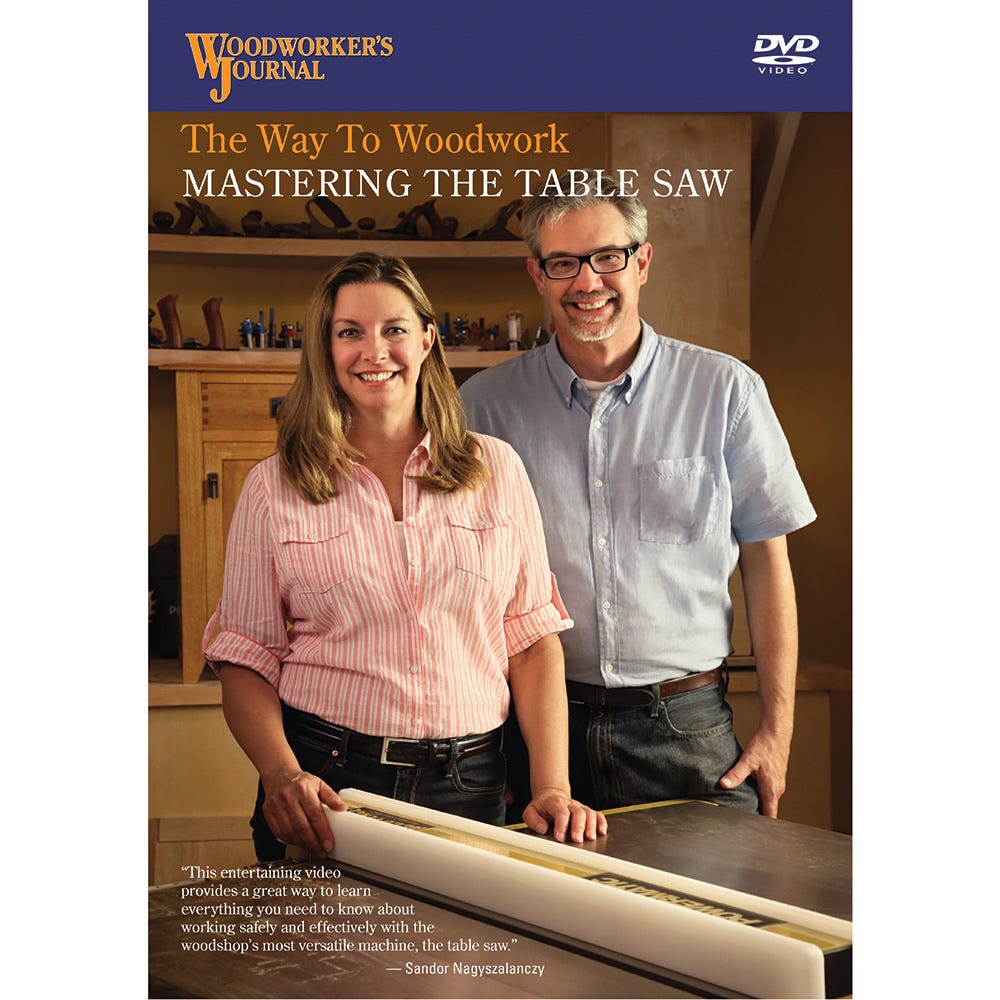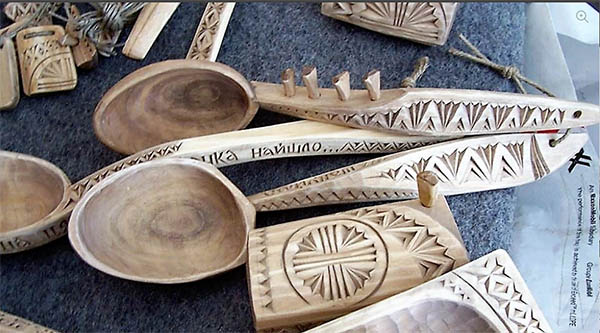
Looking for a different kind of summer vacation this year? A discounted registration price for an International Woodworking Camp held in the northern European country of Estonia is good through the end of March.
The International Woodworking Camp, scheduled for July 14-21, 2018, came about after Andres Rattasepp, who will be leading a workshop on Estonian style birch bark satchels during the camp, attended a similar experience focused on other crafts and thought that creating a camp focused on woodworking would be a good idea.
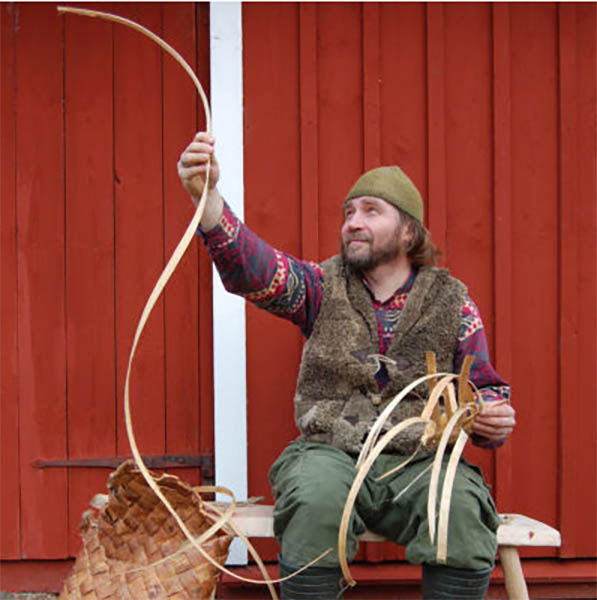
“Estonia is so small that basically everyone in the area know each other,” organizer Marit Külv said of the Baltic country with an estimated population of 1,300,000 located across a gulf from Finland, noting that many of the contacts for workshop leaders and organizers for the woodworking camp came from local cultural centers and vocational schools. Marit herself has been one of the organizers of the craft camp which originally inspired the woodworking camp.
Estonians like to think of themselves as a forest nation; “Estonian native woodworking can be described by the principle that nothing got wasted or thrown away. All the parts of the tree were used,” Marit said. For example, basswood and willow cambium were used in previous centuries for weaving peasant shoes, and roots, such as spruce roots, were used for basketry and sewing bark containers.
The goal of the organization created to sponsor the camp, NGO Woodworking Camp, is to revive Estonian native woodworking among both native Estonians and internationally – people from both areas are invited to and expected to attend the camp.
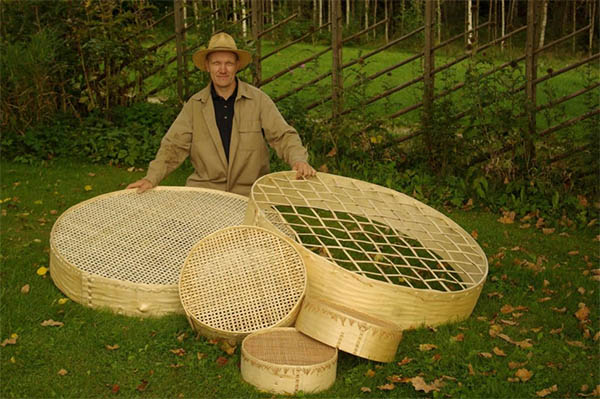
A variety of workshops during the camp will introduce Estonian folk woodworking, with master woodworkers sharing their knowledge and skills. Among the workshop subjects are bent wood boxes, with a comparison of the techniques used in Estonia and in neighboring countries; birch bark satchels; folk instruments, which will include making a shepherd’s horn; and sharpening woodworking tools such an axe, knife, chisel and hand plane blade.
Additionally, the camp will feature a workshop on carving Belarus-style spoons, taught by Belarus master Vladimir Chikvin. The workshop will focus on the regional variations of wooden spoon carving in the area of Belarus, a country near Estonia, which were nearly lost during the Soviet era of collective farms while Belarus was a state within the Soviet Union.
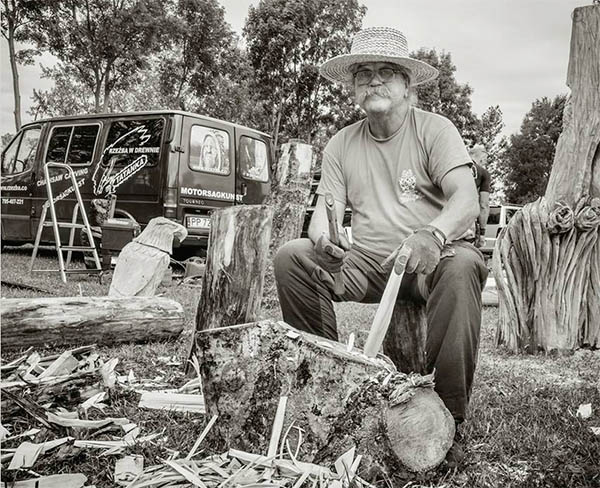
Estonia itself was under Soviet rule, in what was regarded internationally as an illegal occupation, from 1940 to 1991. Prior to that time, the country had declared independence in 1918; organizers of the International Woodworking Camp say that this year’s inaugural camp is dedicated to the centennial of the Republic of Estonia. The year also marks the 100th anniversary of the birth of Ants Viires, a prominent Estonian enthologist and cultural historian who played a key role in the preservation of Estonian folk woodworking.
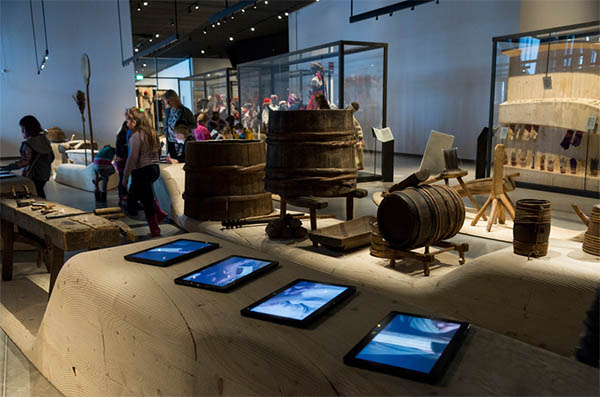
Camp participants will witness a presentation about Ants Viires during an excursion to the Estonian National Museum, which will also feature a tour of the museum’s wooden objects. Afterward, they’ll visit a castle and Estonia’s largest arboretum, founded by Count von Berg, which includes species of trees from across Europe, Siberia, and North America, as well as Estonia.
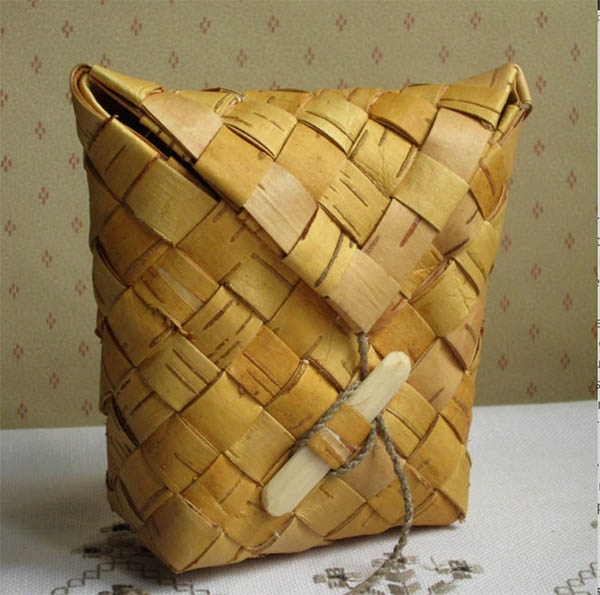
Wood species commonly used in Estonia, Marit said, include pine for furniture. Birch, in addition to its use in woven satchels and containers, has had the bark used for construction, and the tar for decorating wooden items and in folk medicine. “Aspen is widely used for its durability: we have the aspen boats common among the other Finno-Ugric peoples,” she said. “Aspen is also used for bent and waterproof boxes as well as sieves.”
Another aspect of local culture that will be featured as part of the camp is smoke saunas: an introductory workshop on the first day will present sauna customs, and participants will make a birch sauna whisk.
“We invite you to discover what the camp has to offer and register as soon as possible,” Marit said.



